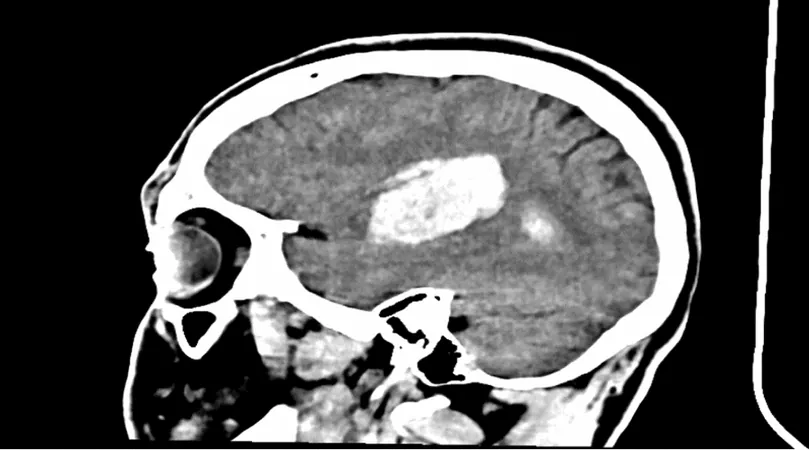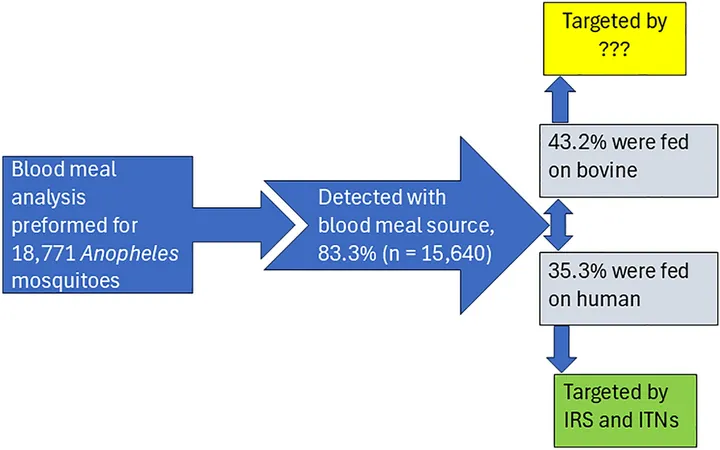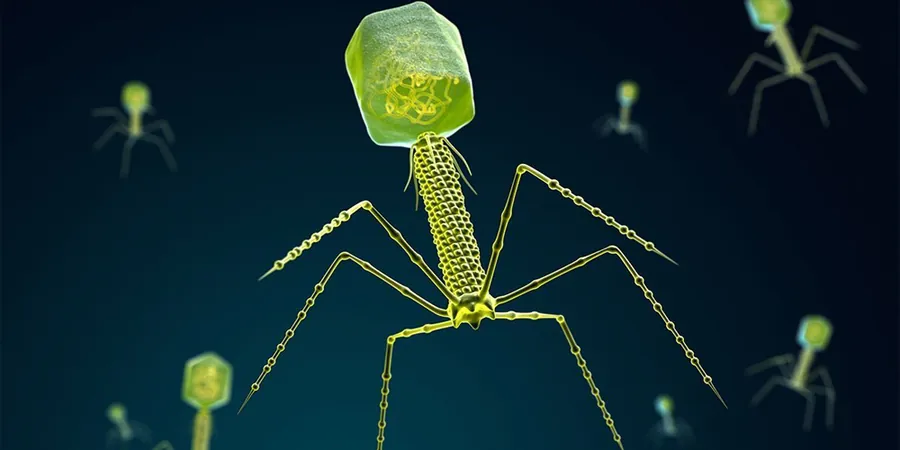
Women Experiencing Early Menopause Face Surging Risks of Autoimmune Diseases, New Research Reveals
2024-09-25
Groundbreaking Study on Early Menopause and Autoimmunity
A groundbreaking study has revealed that women suffering from premature ovarian insufficiency (POI), a condition causing periods to cease before the age of 40, are at significantly heightened risk for severe autoimmune diseases. This research sheds new light on the intricate relationship between early menopause and autoimmunity.
Understanding Premature Ovarian Insufficiency (POI)
Premature ovarian insufficiency affects approximately 1% of women worldwide, marking a critical health issue. This condition occurs when ovaries stop producing eggs, leading to irregular menstruation and, eventually, the permanent cessation of periods. Furthermore, women with POI may experience symptoms akin to menopause at a remarkably young age.
New Research Findings
Recent findings published in the journal *Human Reproduction* suggest that women diagnosed with POI are two to three times more likely to develop serious autoimmune diseases such as type 1 diabetes, lupus, overactive thyroid, and inflammatory bowel disease compared to their counterparts in the general population. This study stands out as the largest of its kind, delving into the connections between autoimmune disorders and POI.
Study Details and Results
Led by Finnish researchers, the study tracked nearly 20,000 women over a period exceeding 12 years. By analyzing comprehensive health data, researchers identified around 4,000 women under 40 with a diagnosis of POI from 1988 to 2017. Each POI-afflicted individual was matched with four similarly aged women without the condition, and their health outcomes were monitored, particularly for the emergence of severe autoimmune diseases.
The results were striking: 5.6% of participants with POI had previously been diagnosed with an autoimmune disorder, while an alarming 12.7% received such a diagnosis after their POI confirmation. The overall findings indicated that these women were 2.6 times more likely to have an autoimmune disease prior to their POI diagnosis than those in the control group. Among these risks, conditions like overactive thyroid and rheumatoid arthritis nearly doubled, while polyglandular autoimmune diseases presented an astounding 26-fold increase in likelihood.
Implications of the Research
Highlighting the potential for underestimated links, the study's authors noted that their findings might not encompass all cases, as less severe autoimmune disorders such as coeliac disease might be treated outside specialist centers.
Expert Insights
Dr. Susanna Savukoski, a key investigator from Oulu University Hospital, emphasized the importance of awareness surrounding this nexus of health issues. 'While most women with POI won't develop severe autoimmune conditions and vice versa, healthcare providers should remain vigilant about these heightened risks,' she stated. She advised that women facing POI should consider their reproductive options earlier in life, despite some autoimmune diseases posing additional pregnancy risks.
Furthermore, researchers are eager to explore the biological mechanisms that underlie these connections, aiming to pave the way for preventive treatments. Dr. Savukoski expressed hopes of determining whether long-term use of hormone replacement therapy could mitigate the emergence of autoimmune conditions in women with POI.
Expert commentary from Louise Kenny, a professor at the University of Liverpool, underscored the tragic implications of POI. It not only restricts young women from experiencing biological motherhood but may also elevate the risks for conditions like osteoporosis later in life.
The call for comprehensive research into the role of the immune system in this context is critical. Bassel Wattar, an associate professor at Anglia Ruskin University, highlighted the need for holistic, multidisciplinary care for women with POI due to the potential for severe long-term health complications.
With these vital insights, the conversation around the interplay between women’s reproductive health and autoimmune conditions is more urgent than ever. Understanding these relationships could be key in safeguarding the health and well-being of countless women around the globe.



 Brasil (PT)
Brasil (PT)
 Canada (EN)
Canada (EN)
 Chile (ES)
Chile (ES)
 España (ES)
España (ES)
 France (FR)
France (FR)
 Hong Kong (EN)
Hong Kong (EN)
 Italia (IT)
Italia (IT)
 日本 (JA)
日本 (JA)
 Magyarország (HU)
Magyarország (HU)
 Norge (NO)
Norge (NO)
 Polska (PL)
Polska (PL)
 Schweiz (DE)
Schweiz (DE)
 Singapore (EN)
Singapore (EN)
 Sverige (SV)
Sverige (SV)
 Suomi (FI)
Suomi (FI)
 Türkiye (TR)
Türkiye (TR)